The strange beauty of how our minds try to protect us from what we most want to create.
We've all had those precious unscheduled days - a blank canvas of time with a meaningful project waiting. Maybe you have a writing project or experiment, or perhaps you have something you want to create for your art or business.
You sit down, laptop open, intention clear. Then it begins.
Just a quick email check. Twenty minutes vanish. Dinner needs planning, which leads to recipes, then a grocery list. Ope, then there are some budget worries, followed by job browsing – jic!
Then, you think maybe journaling can help jump start you? But memories pull you backward - that milestone, that moment years ago. Time dissolves into nostalgia, and minutes tick by.
The day unfolds in a sort of elaborate dance. You research, then read, articles from teachers or experts in what you’re trying to do. You plan to attend a workshop, or you register for a writing class!
You organize, respond, reschedule - all genuinely productive tasks that somehow aren't the task.
Evening arrives. Your inbox feels under control. Meals are planned, and you’ve tied up loose ends. Yay! You've been busy, responsible.
But that project? It’s still waiting, just where you left it.
Does this sound familiar?
It happened to me again a few weeks ago. I had the perfect day for writing. No calls, no meetings, no client appointments. And midway through the day, I looked around, stepped back from whatever I had been doing, and sighed.
I realized my mind had orchestrated a ‘perfect’ productive day - just not the productivity that mattered most to me.
Here's what I've come to know about this. When this happens, this isn’t laziness or lack of discipline, although that is what we often tell ourselves.
This was my mind doing what minds do - protecting me from the vulnerability of putting words on a page. Every task it offered me was reasonable, even helpful. Email does need checking. Meals do need planning. Financial concerns are valid. Client relationships matter.
Sophisticated Distractions
But the mind is subtle. It can shapeshift.
It knows we'll likely reject obvious distractions ("Maybe I should reorganize my sock drawer!"), so it offers us genuinely useful alternatives instead. It says: "You should really catch up on email first. You can't write with that hanging over you."
Or perhaps: "You're not in the right headspace today. Better to do this research so you're more prepared tomorrow."
In truth, the mind has an arsenal of sophisticated avoidance strategies. Here are some of the ones I’ve come to know well:
It offers us endless preparation instead of action. Research instead of writing. Planning instead of doing.
It convinces us that everything else is more urgent. The email can't wait, but somehow the writing always can.
It triggers perfectionism: "You're not ready yet. You need to know more, plan more, be more."
It suggests all-or-nothing thinking: "If you can't write the whole chapter today, why bother starting?"
It redirects us toward taking care of everyone else first, because surely their needs matter more in that moment.
It floods us with distractions disguised as productivity, so we can feel accomplished while avoiding the work that actually scares us.
A Different Way Forward
The answer isn't to berate ourselves for these patterns. In part because shame never made anyone more creative, but also because that too can become its own form of distraction
Instead, we need to develop compassionate awareness, the ability to notice what's happening without judgment, and then make a different choice.
When I catch my mind offering me a host of alternatives to writing, I try to pause and acknowledge what’s happening. Sometimes I still choose the distraction. Sometimes I honor what feels like genuine need for rest or care. But increasingly, I'm learning to recognize the difference between an authentic need and unconscious avoidance.
What I, and you – and all of us really – need most is to trust that our words and our work matter. To know that imperfect writing or messy projects are far better than perfect avoiding. To believe that the vulnerability of creation is worth the risk.
What work is waiting patiently for you this week?

